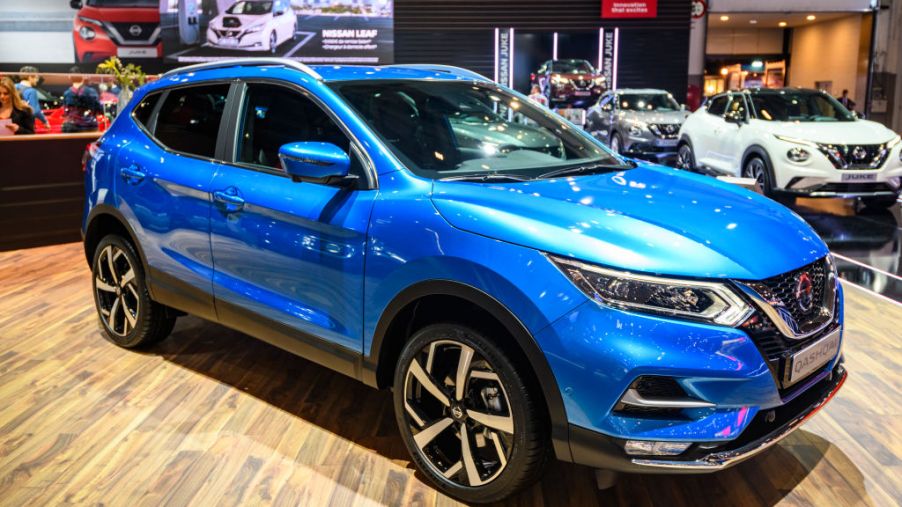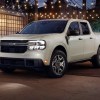
Nissan Rogue: Why You Might Want to Look Elsewhere for a Small Crossover
The Nissan Rogue is one of New York’s most popular new cars. But while that may be a vote of confidence for the small crossover SUV, there are better SUVs in its class. Here’s why the Nissan Rogue may not be your next SUV of choice.
The Nissan Rogue has a weak engine
Overall, Consumer Reports was satisfied with the Rogue. Consumer Reports gave the Rogue an overall score of 75 out of 100, which makes it the sixth best SUV in its class. These numbers might seem decent, but Consumer Reports’ review of the Rogue showed that it had several major flaws. The most apparent flaw that the Rogue has is its engine.
Consumer Reports says that the Rogue only has one engine option, and that’s a 2.5-liter four-cylinder engine that generates 170-hp. While the Rogue is a small SUV and thus, owners shouldn’t expect to drive the most powerful SUV on the market, Consumer Reports still disliked the engine on the Rogue.
In fact, in Consumer Reports’ review, out of the four positives that Consumer Reports gave the Rogue, none had to do with its engine or how it drove. The Rogue, like many other Nissans, is a very safe SUV, which was something Consumer Reports loved about it.
However, when it comes to its negatives, Consumer Reports mostly talked about the Rogue’s engine. Consumer Reports said that it was not only a noisy engine, but it also made the Rogue “bland to drive.”
For an SUV, being comfortable is important, so the noisy engine does hurt the Rogue’s comfort score. Additionally, SUVs are supposed to be sporty, so the Rogue’s weak engine makes it less sporty than its competitors.
The Nissan Rogue gets a mediocre fuel economy anyways
Usually, when a smaller car like the Rogue gets equipped with a smaller engine, its fuel economy is great. However, in the case of the Rogue, it isn’t that good compared to its competitors.
Consumer Reports only averaged 17 MPG in the city and 30 MPG on highways for a combined 24 MPG. This means that the average annual fuel cost for the Rogue is about $1,200. Consumer Reports says that this is a mediocre fuel economy, and as a result, Consumer Reports gave the Rogue a 3 out of 5 for its fuel economy.
There are other more fuel-efficient SUVs than the Rogue that also have the same capabilities as the Rogue. For example, the Mitsubishi Outlander is a similar SUV that costs about the same as the Rogue does but gets a better fuel economy than the Rogue.
Other SUVs to consider
Consumer Reports says that the Rogue is in sixth place in its class, so you should consider buying the small crossover SUVs that are ranked above the Rogue. For example, the Subaru Forester is tied for first place with an overall score of 84 out of 100. The Forester starts at the same price as the Rogue does, but Consumer Reports managed to get a combined 28 MPG out of the Forester.
The Mazda CX-5 is tied with the Forester for first place, according to Consumer Reports, and it has its own merits too. While the CX-5 has the same combined fuel economy as the Rogue does, the CX-5 is better in other areas than the Rogue while costing about the same. For example, the CX-5 has four engine options available, including a 2.5-liter four-cylinder turbo that generates 250-hp.
There are many other great SUVs in this class, too. That said, keep in mind that the Rogue isn’t a terrible SUV, it’s just not the best one on the market.



